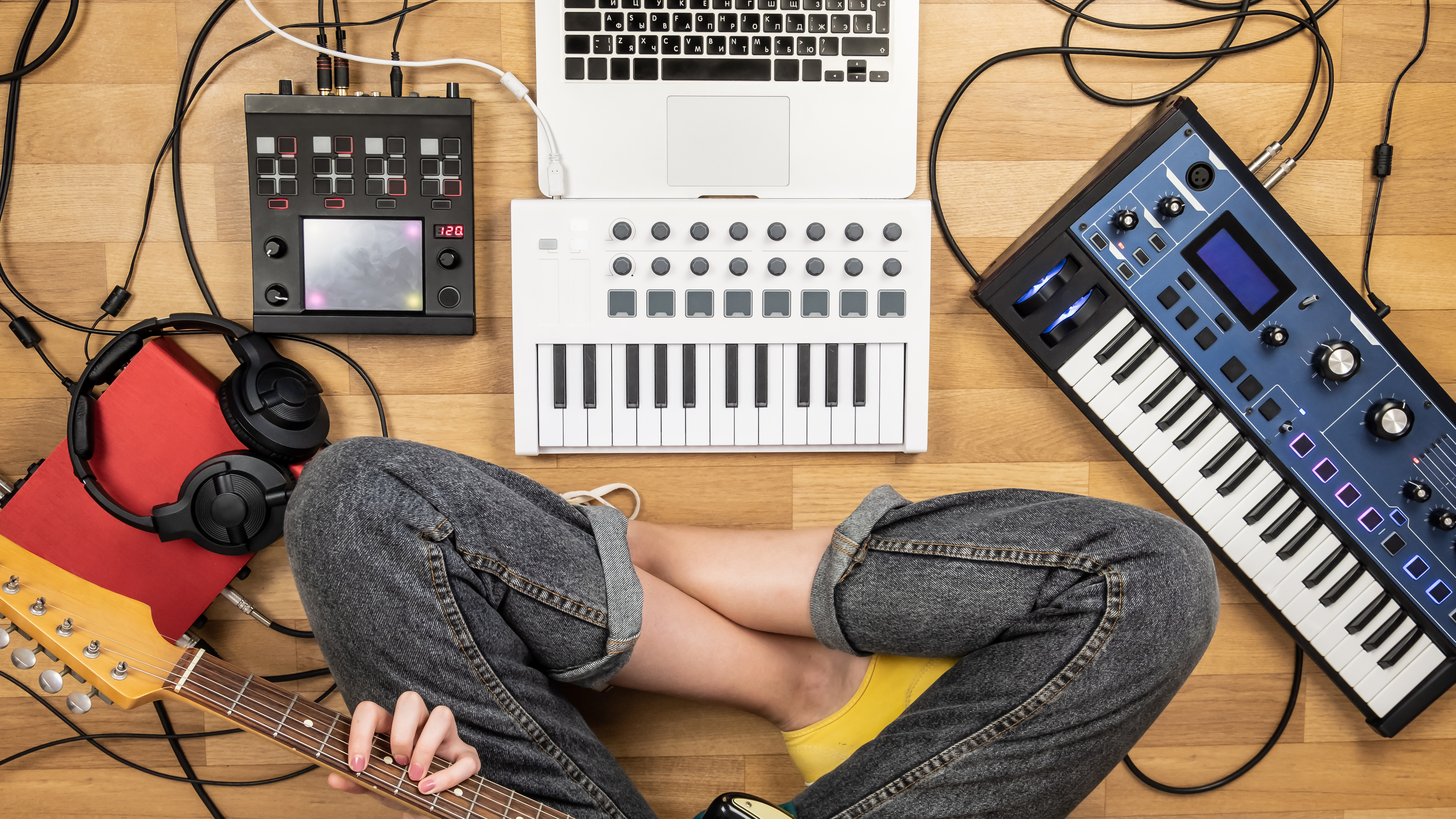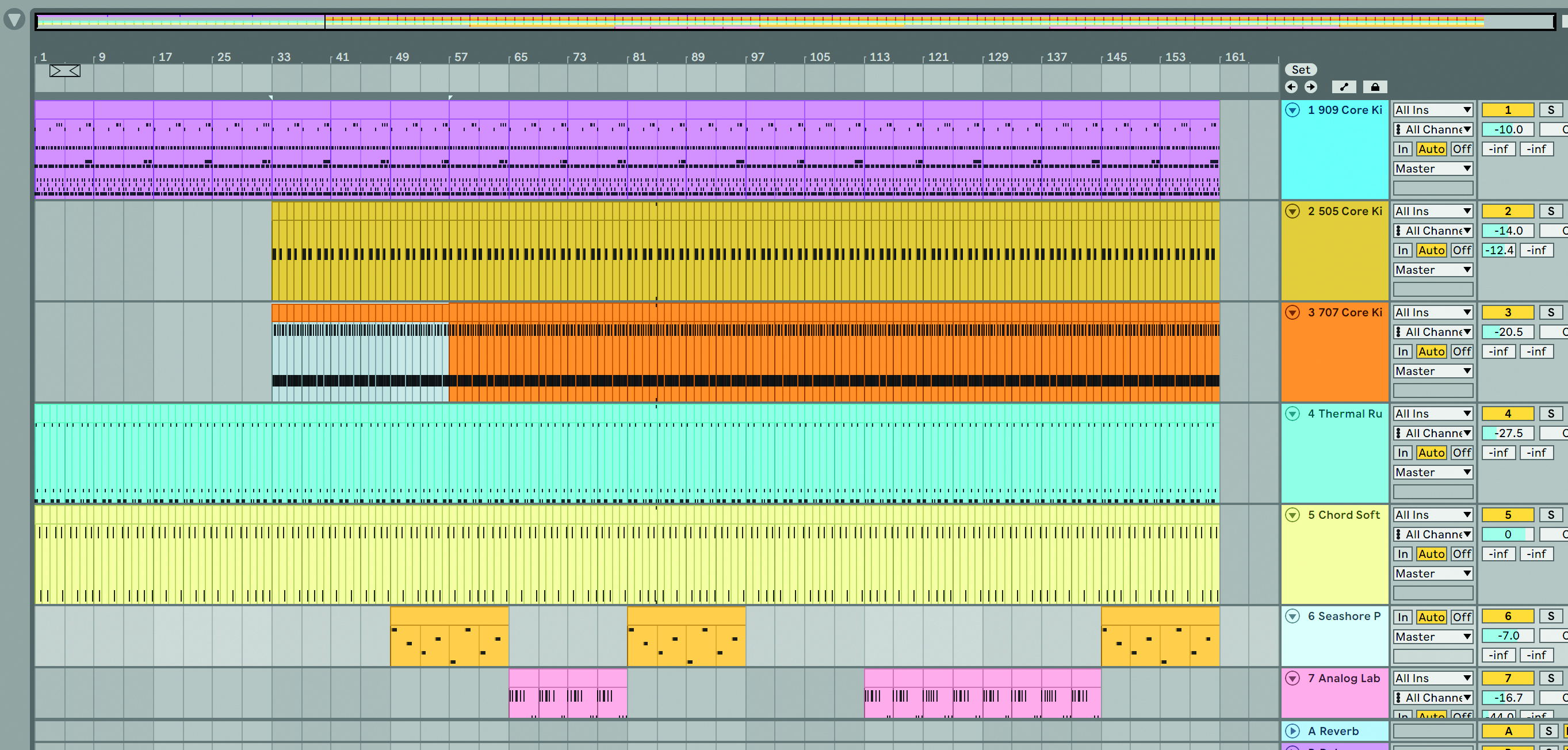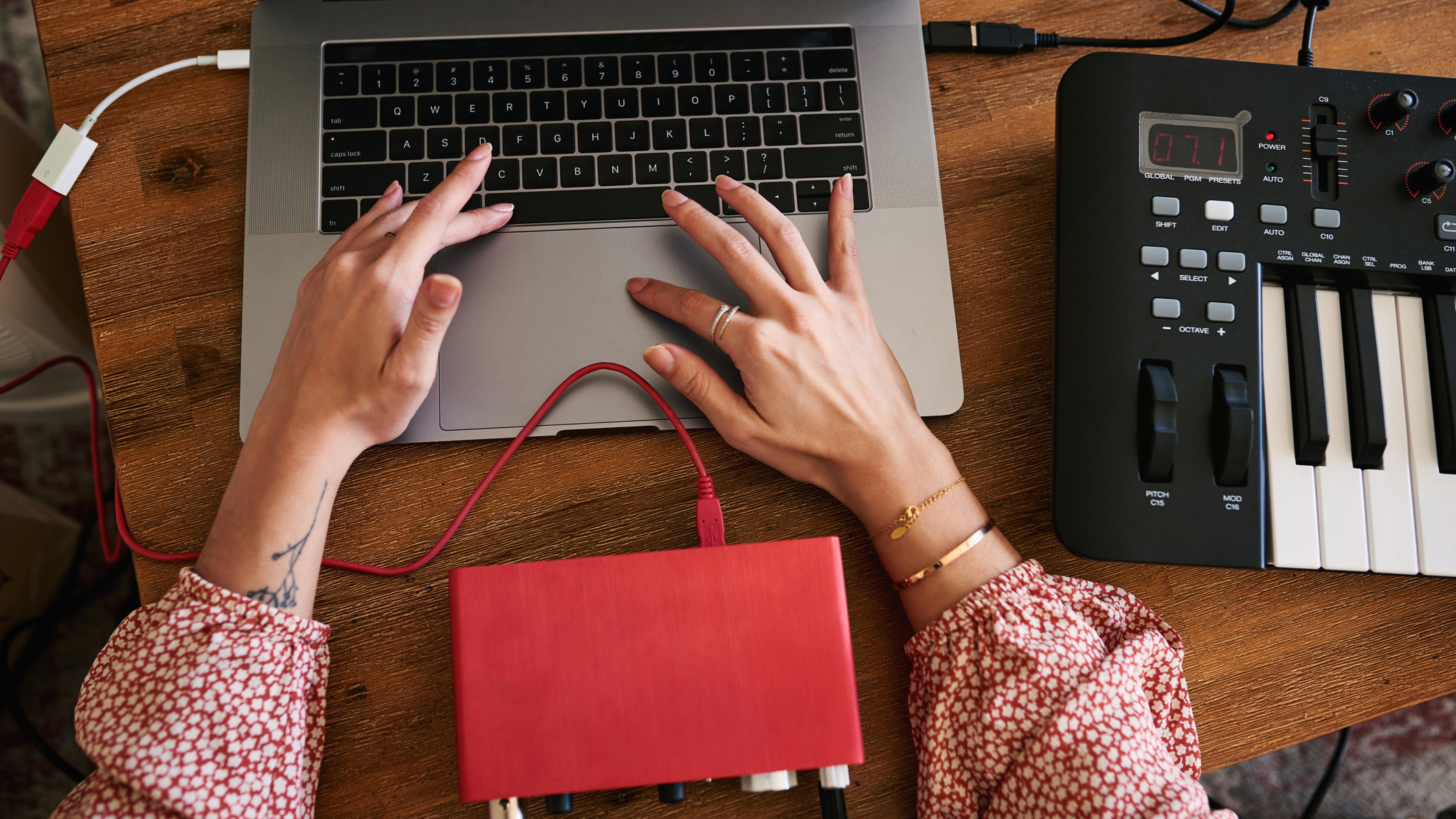How to finish an EP in 30 days: sending a demo submission to labels
In the final edition of our 30-day EP bootcamp, we cover essential advice for sending your music out to record labels

Our guide to writing, finishing and releasing a three-track EP in 30 days kicked off at the beginning of March. If you're just getting started, head over to the first week to begin there. If not, read on for our final instalment...

Self-releasing music isn’t for everybody. There’s no doubt that it’s becoming more commonplace as the music industry develops, and some might argue that in today’s digital landscape, record labels are becoming increasingly irrelevant. However, many artists and producers are still choosing to release their music through record labels, while taking advantage of the multiple benefits this more traditional route offers them.
If your music gets accepted and released by the right label, it can be instrumental in launching your career. On top of contacts and connections in the right places, they’ll likely have a PR team that will seek out opportunities for you to build your profile as an artist.
Once you’ve signed a contract with a label, they’ve made an investment in your success, and they should be utilising every resource available to get your music heard, streamed and purchased by as many people as possible.

Signing with a label comes at a cost, of course, and they’ll be taking a chunk of the earnings from any music of yours that they release. Before working with any label, you want to be reasonably sure that the benefits of your partnership - extra resources, increased exposure, industry connections and promotional opportunities - outweigh the slice of your earnings that you’ll be giving away.
So how can I get my tracks picked up by a label, you ask? If you’re going to sit back and wait for them to come to you, it may never happen. If you want to get results, you’ll need to master the art of the demo submission. Sending music out to labels is the quickest and easiest way to get a chance of being heard (and signed), but it’s not as simple as sticking a ton of .mp3s in an email and firing away.
We spoke with producer and label head Nic Nell, who produces under the name Casually Here and runs Algebra Records, an experimental electronic label based in London, for some essential demo do’s and demo don’ts.
Get the MusicRadar Newsletter
Want all the hottest music and gear news, reviews, deals, features and more, direct to your inbox? Sign up here.
- How to finish an EP in 30 days: Week 1 - inspiration
- How to finish an EP in 30 days: Week 2 - generating ideas
- How to finish an EP in 30 days: Week 3 - creating an arrangement
- How to finish an EP in 30 days: Week 4 - mixing and mastering
- How to finish an EP in 30 days: Week 4 - self-releasing your EP
DO: Reach out to the right labels for your music
“Make sure the label is a good fit for your music and that you're into what they're doing. Try and demonstrate that when you get in touch, to show that you've put some thought into it - small labels really are labours of love, and you're asking people to give time to listening to your music and to potentially invest even more time, energy and resources into releasing it. It's important to be considerate of that upfront.
“I've had records submitted that really have nothing to do with the output of the label - clearly people have just searched “record labels” and submitted to everyone, which is a waste of everyone's time.”
DON'T: Send them a folder of every track you've ever made
“Put your best foot forward with three strong tracks that are as close to release-ready as you can get them, rather than a ten-track album of demos.”

DO: Think about your brand as an artist
“The more complete a vision you can present on the visual side, the easier it is to say yes, as aesthetics are a big part of a label. Get going on building your social media in whatever way works for you. It's unfortunately a big part of the game these days, and doesn't just have to be self promotion.”
DON'T: Feel you need to sound exactly like every other artist they've signed
“Don't feel that your music needs to sound exactly like other music on the label, but think about whether your stuff could fit in coherently amongst a compilation of the label’s artists. Labels don't want an infinite amount of the same artists they already have, but at the same time they want to have their own character, taste and aesthetic.”
DO: Show your support
“A good place to start if you really like a label is by engaging with them and their releases by being a fan and supporting them. Championing their music on social media and buying releases you're into on Bandcamp are easy ways of demonstrating genuine support that are likely to be noticed. Being generous and public in your support of other artists and labels really means a lot to people and people do notice.”
DON'T: Give Up
“Don't be overly disheartened if you don't hear back immediately. It's worth following up a week or two later, as people are busy and they might have forgotten to get around to listening. They might also like what you're doing, but not have the time or space to put that record out. That doesn't mean you can't send more music in the future and keep them in the loop on your progress.“



I'm MusicRadar's Tech Editor, working across everything from product news and gear-focused features to artist interviews and tech tutorials. I love electronic music and I'm perpetually fascinated by the tools we use to make it. When I'm not behind my laptop keyboard, you'll probably find me behind a MIDI keyboard, carefully crafting the beginnings of another project that I'll ultimately abandon to the creative graveyard that is my overstuffed hard drive.









